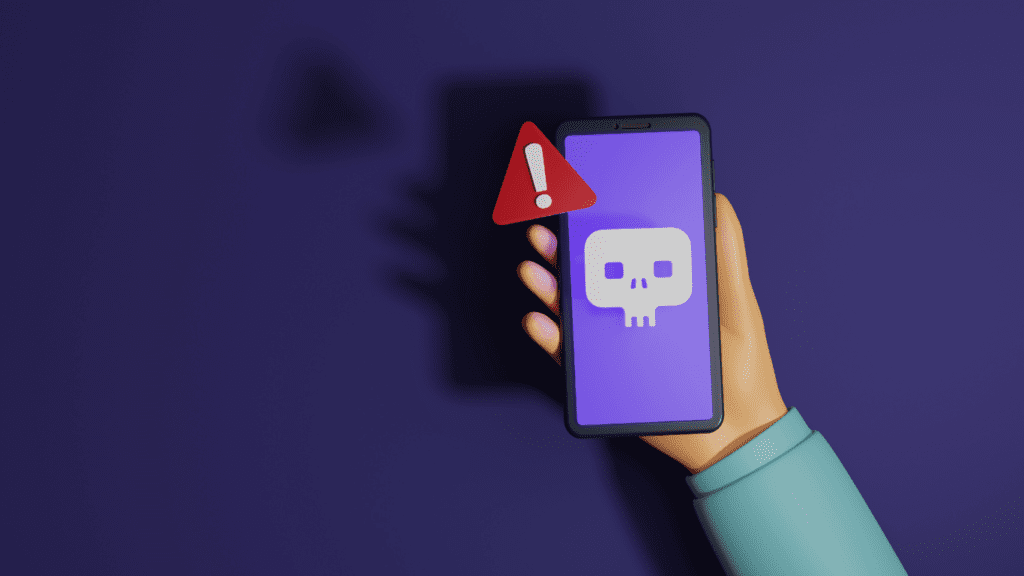Australians face unprecedented cyber threats, with malicious actors increasingly targeting their emails and even popular video games. The Australian Federal Police (AFP) has sounded the alarm on the rising use of Remote Access Trojan viruses (RATs), which covertly infiltrate devices to steal sensitive data. Individuals and businesses must bolster their defences as these cybercriminals become more sophisticated. This blog explores the current landscape of cyber threats in Australia, highlights real-world cases, and offers practical solutions to protect your digital assets, including implementing enterprise-grade spam filters.

Read more: ‘Plague’: Aussies targeted by surge in malicious online attacks
Heightened Cyber Threats in Australia
According to warnings from the Australian Federal Police (AFP), Australians are currently facing a heightened threat from malicious viruses concealed within emails and popular video games. Both domestically and internationally, criminals are utilizing Remote Access Trojan viruses (RATs) to monitor or steal data from their victims surreptitiously.
Overview of Cyber Threats
RATs and similar malware are being deployed through email attachments and video game add-ons or modifications. Once these malicious programs are downloaded, they automatically install themselves on the victim’s device, granting cybercriminals access to sensitive information such as webcams, microphones, passwords, location data, and files.
AFP Acting Assistant Commissioner Chris Goldsmid emphasized the increasing exploitation of Australians through RATs and malware, describing these viruses as tools designed to spread rapidly and take control of victims’ devices, likening them to a plague.
He stressed the importance of practicing good cyber hygiene, including keeping software and virus protection up to date, to defend against such threats. Vulnerabilities in outdated or unprotected software are frequently targeted by criminals seeking to compromise systems for exploitation.

Case Studies and Examples
Recent cases underscore the severity of RAT attacks. For instance, the AFP uncovered instances where individuals developed and sold RATs like Firebird, exploiting unsuspecting users. Additionally, a notable case involved a Geelong resident who embedded a RAT into video game mods, targeting gamers to steal their personal data.
Legal and Security Implications
The legal ramifications for involvement with RATs are severe, with penalties potentially reaching up to 10 years of imprisonment for those found guilty of remote access to computers for malicious purposes. It’s imperative for individuals and businesses alike to implement robust cybersecurity measures to safeguard against financial losses and breaches of privacy.
Enterprise Spam Filters
To combat these threats effectively, enterprise-spam filters emerge as a crucial defense mechanism. These filters are designed to proactively detect and block suspicious emails containing malware before they reach users’ inboxes. Key features of these spam filters include:
-
- Advanced Threat Detection: Identifies and blocks phishing attempts, malware, and other malicious content.
- Real-time Email Analysis: Continuously scans and analyzes incoming emails to detect threats instantaneously.
- Customizable Filtering Rules: Allows organizations to tailor spam filters according to their specific needs and policies.
- Spam Quarantine: Isolates suspicious emails in a quarantine folder, preventing them from reaching the inbox while allowing for review.
- Comprehensive Reporting: Provides detailed reports on spam and threat activity, helping organizations understand and respond to potential risks.
For more information on how to implement effective enterprise spam filters, visit OzHosting’s enterprise spam filter details.
Conclusion: Prioritize Cybersecurity
The surge in cyber threats underscores the importance of vigilance and robust cybersecurity measures. By prioritizing tools like enterprise spam filters and staying informed about evolving threats, Australians can better protect themselves from the pervasive risks posed by cybercriminals.
Stay secure, stay informed, and protect your digital presence against cyber threats.


